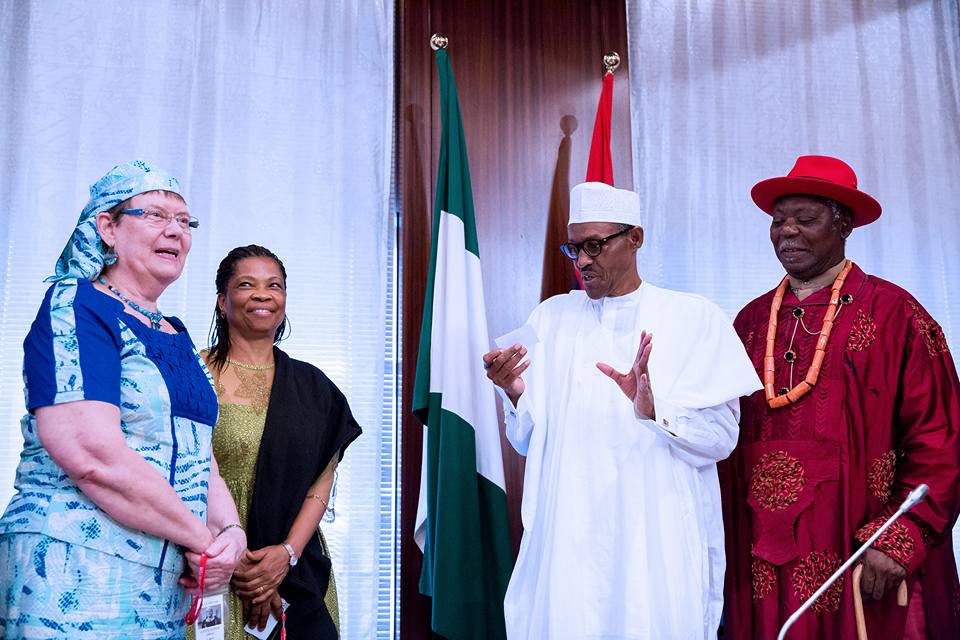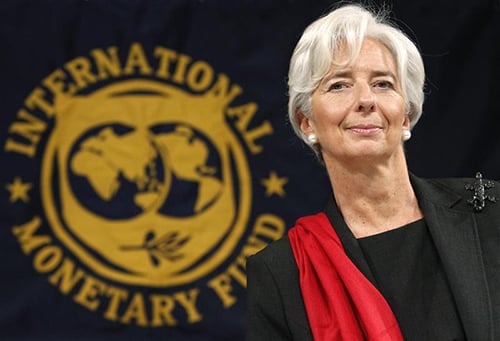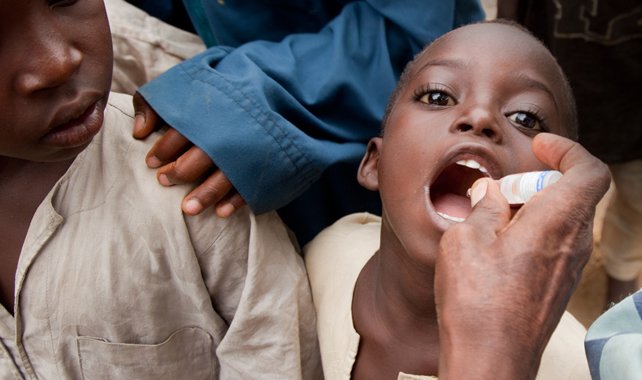Take-off grant for Maritime University in Delta state, licensing of illegal refineries, revamping of pipeline contracts, and fixing abandoned projects are areas the current administration is focusing on in its bid to develop the Niger Delta region, presidency sources has said.
Militants who have been clamouring for inclusion in the amnesty programme are also not left out, as the federal government has revived the programme, and is set to absorb new agitators.
The late President Umaru Musa Yar’adua introduced the programme in 2009 to check hostility in the oil-rich region.
Monthly stipends and incentives were given to fighters who laid down their arms.
Advertisement
Former President Goodluck Jonathan sustained the programme, but there were fears of President Muhammadu Buhari cancelling it, particularly after he revoked the contracts awarded to militant leaders.
During the resurgence of militancy under Buhari, different groups demanded that their members be absorbed into the programme, but the federal government said the window had closed.
However, the Buhari administration has reviewed the programme, with the active participation of the various state governments.
Advertisement
A source at the presidency said state governments would be brought on board to identify and integrate militants who were left out in the previous amnesty programme.
“Under the new plan, the federal government would work in collaboration with the states to consider and disarm militants who had not been disarmed in previous exercises to enable them benefit from the scheme,” the source said.
“An implementation planning meeting was held last week in the presidency where several ministers and relevant MDAs started putting draft measures that will in turn become presidential directives very soon.”
Buhari had asked Vice President Yemi Osinbajo to embark on visits to oil-producing communities.
Advertisement
In the course of his interactions with stakeholders from the communities, Osinbajo announced the proposal for a “new vision and compact” that would address all lingering issues bothering on the development of the region.
The source said a comprehensive road map for the development of the region is being worked out and would soon be unveiled.
The source said the road map would sign-post the transformation of the region and address issues of marginalisation and underdevelopment in the region.
“The broad areas of initial interventions being considered in the plan include; the take-off of the Maritime University, and the attendant financial grant, establishment of modular refineries including the engagement of the illegal refiners; the continuation and revamp of the pipeline protection contracts; a progressive review of the entire Niger Delta amnesty programme; the revisit of abandoned projects in the region,” the source said.
Advertisement
“Take off grant for Maritime University, new road to University site, how to license illegal refineries, pipeline contracts revamp, others to feature prominently in first phase implementation of the roadmap.”
Another source disclosed that the Petroleum Trust Development Fund is the lead agency in the implementation of the plan for the Maritime University.
Advertisement
“In this regard, the federal government is considering the release of a substantial take-off grant for the university while awaiting the conclusion of legislation on the establishment of the university by the national assembly,” the source said.
“The federal government is also seeking international collaboration with universities across the world for commencement of academic programmes at the university.
Advertisement
“The presidency has directed ministry of petroleum resources in conjunction with the Petroleum Trust Development Fund (PTDF) and other stakeholders to come up with a proposal for an effective funding model for the university.
“The presidency has also directed the NDDC to liaise with the relevant agencies and organisations to facilitate the construction of an access road that will pass through Escravos to the university in Gbaramatu community.”
Advertisement
The source said the presidency has also directed the ministry of power, works and housing to produce a comprehensive report of all road projects in the south-south region to enable government take prompt action.
“It is the intention of the federal government, under the new plan, to revisit abandoned projects in the south-south region with a view to completing them,” the source said.
The establishment of modular refineries in oil-producing communities is also a distinctive feature in the new vision road map for the development of the Niger Delta region.
“The modular refinery initiative of the administration will be private sector led and will entail independent indigenous oil producers working with oil-producing communities to formalize the process of converting illegal refineries in their domains into legal entities that would be run in collaboration with government,” the source said.
“Under the new arrangement, the federal government is considering a situation where operators of illegal refineries in the oil-producing communities will receive legally crude oil at reasonable rates for refining while modalities would be worked out for them to register such refineries as legal entities.
“Operators of such illegal refineries could become shareholders with additional investments made in their businesses.’’
The presidency, it was also gathered, has directed the NDDC to evolve a strategy that would organise all modular refinery operators in the region into cooperatives to enable them access better funding and related support from the relevant organisations.
According to presidency sources, “an initial $10 million dollars out of the initial $250m for the commencement of the project has been released by Shell while the project office have commenced the opening of accounts for funding of the project.’’
The Ogoni clean-up project is to be funded with an initial $1 billion from the oil sector stakeholders comprising the NNPC, SPDC, Total and AGIP.
5 comments







Sad that the Buhari administration wasted two years to arrive at the fact that the solution they suspended then is the way! Just the way it took six months to appoint a not so ‘out-of-this-world’ cabinet. In the meantime lives have been needlessly destroyed.
IT NOT A MATA WASTING 2 YEARS, RATHER BUHAS SEEN D HARDWRITING ON D WALL, D AGITATIONS ALL OVER D SOUTH ANE EAST REGION IS DRAGING NIJA TO PISES. ALL THESE ARE MEDCINE AFTER DEATH BCOS THOUSANDS HAVE BIN KILLED ALREADY.
PMB D best thinking has come to u through ur vice indeed he is a Prof by thinking of to legalize or given out license to illegal refinery operators up up to ur administration Niger Delta will be peaceful to ur government
I can now have a better understanding that there is a clear difference between PMB & PROF OSIBABA
Your comment..This the reason I preferred Osibaba to PMB. This is what the Prof started that he’s now building upon kudos to Prof!